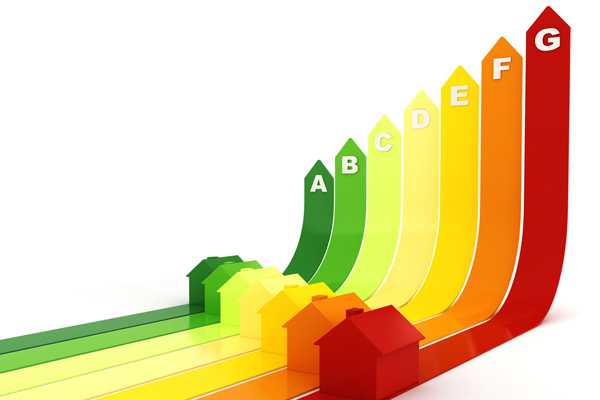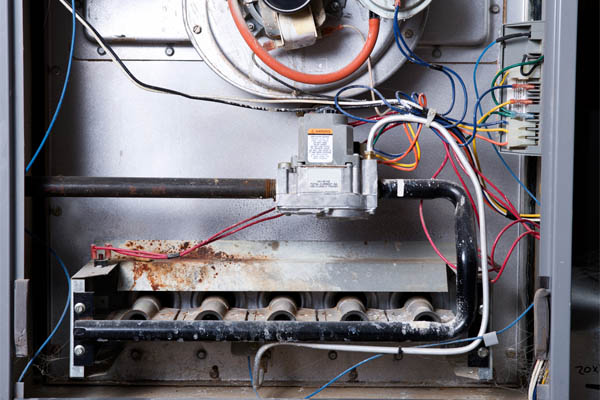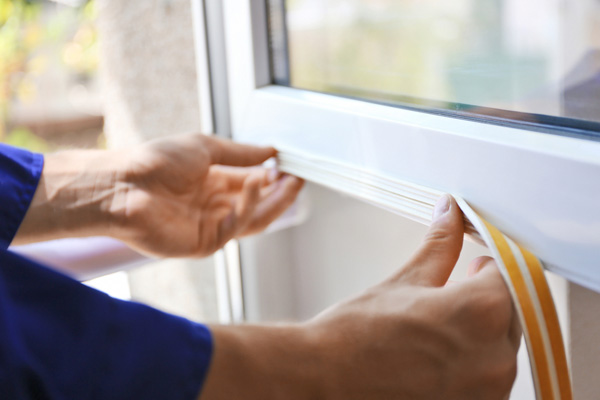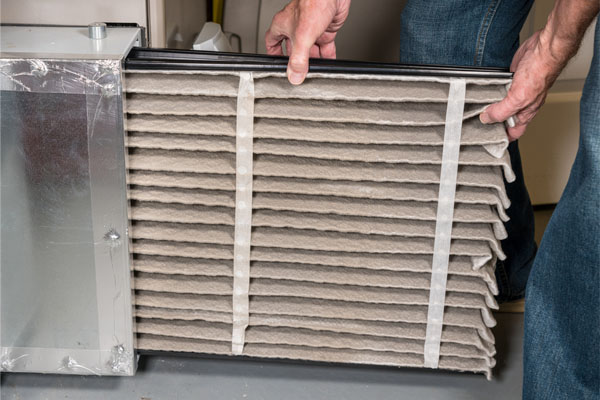Reducing Your Carbon Emissions Through High-Efficiency Heating Systems

People use carbon emissions as a gauge of success when talking about environmentally-friendly projects. While carbon dioxide is essential for plants during respiration, the truth is that emitting excess of it to the environment can cause more harm than good. For instance, one of the profound effects of releasing excess carbon dioxide into the environment is global warming. Unfortunately, our heating systems can emit a lot of CO2 into the environment, and this should be a point of concern to anyone who cares about protecting the environment for future generations. Heating systems that are in poor conditions will do more harm than those that are well-maintained. Moreover, a high-quality energy efficient heating system is paramount in enhancing your safety and that of your loved ones.
Reducing Your Carbon Emissions Through High-Efficiency Heating Systems
Contents

With the catastrophic impact that may result from carbon emissions, it is essential to reduce its emissions. One of the most reliable means that can help curb the impact of CO2 is by ensuring that homes have high-efficiency heating systems. If you didn’t know that your heating system is a great contributor to environmental emissions, now you know. In other words, we all have the responsibility of reducing emissions through investing in high-efficient heating systems. The efficiency of heating units is measured in AFUE.
AFUE measures the ability of a system to convert fuel energy to heat in a lifespan of 12 years. Also, there is the output aspect compared to the amount of fuel that the system consumes. If a system consumes a lot of fuel energy, the output may not be profitable. That is a clear indication that the system may not be the right one for your home. In other words, the higher the AFUE rating, the better. For instance, an AFUE rating of 90% can generate up to 90% energy. The remaining percentage is emitted to the atmosphere.
Boilers and furnaces have the highest AFUE rating. Some of these heating systems can have an AFUE rating of about 98.5%. The sad part is that if you want to invest in these systems, you should be willing to spend a little more money. Nonetheless, their overall cost of running and maintaining them is always more affordable.
Identifying A High-Efficiency Heating System
For many homeowners, finding suitable heating systems is a task that can take a lot of time. If you are out to find a sound heating system for your home or your business, then you should understand that most low-efficiency heating systems have an AFUE rating ranging from 55% to 70%. Further, they have heavy heat exchangers designed to ensure the safe combustion of gases.
The range of 80% to 83% is a good depiction of moderately efficient heating systems. These calibers of systems luck a pilot light to function. Instead, they depend on electronic ignition. Also, they may use exhaust fans to facilitate the flow and the regulation of air and gases.
On the other hand, high-efficiency systems contain a sealed combustion component and two heat exchangers. These two play a significant role in condensing flue gases and increasing the system’s overall efficiency.
Why Are Older Heating Systems Not The Best?

Even if your old system is well-built and structured, the reality is that it will never be as efficient as the new one. One of the explanations for these is that older systems have to put up with the damages resulting from a long operation period. Whether you maintain your heating system regularly or not, it will eventually develop some issues with time. Moreover, older systems do not utilize the modern technologies that have been tested and proven to be efficient. Therefore, whenever you think of investing in HVAC systems, consider investing in modern models. They are more reliable and economical when it comes to fuel consumption.
Additional Methods That Help Reduce Your Carbon Emissions
Besides ensuring that you have a high-efficiency heating system, there are several things that you can do to ensure that you bring the carbon emission problems down even further. Here are some of the simple steps that you can follow to fulfill that.
Sealing Air Leaks

Air leaks are common problems for many heating systems as they are known for allowing warm air to escape and cold air. Sometimes, knowing the common leak spots such as windows, joints, doors, cracks, and holes can make it easy to solve the problem. Further, Inefficient insulation is another common problem and ought to be addressed immediately before the winter months. Fortunately, problems with air leaks only require simple solutions and ensuring that they are identified at the right time.
Installing Programmable Thermostats
Programmable thermostats provide better control over indoor temperatures. When you need to feel most comfortable, all you need to do is program the settings to achieve that. For instance, you may choose to program the system to decrease the heat when you want to leave and do the opposite a few minutes before getting home. Also, you can program the system to go off when you are not using it automatically.
Replacing HVAC Air Filters Regularly

The other trick is to have your filters checked regularly. Sometimes HVAC systems stop working efficiently when the air filters are damaged or clogged. Since the leading role of HVAC air filters is to trap tiny particulates from the air, over time, they may get clogged. If you notice that the efficiency of your home HVAC is declining, you may want to consider having an expert check your filtering system.
Lower Thermostat Settings In Winter
One of the best strategies for reducing C02 emissions to the atmosphere is reducing wastage of energy. Although lowering the thermostat setting in winter may seem like a bad decision, the truth is that it can go a long way in reducing energy consumption. Additionally, it can help keep your system in good condition since it will not have to overwork.
Conclusion
Always remember that everyone has the responsibility of protecting the environment for future generations. Therefore, it is wise to focus on investing in high-efficiency heating systems to reduce emissions to the atmosphere. Besides, purchasing quality heating systems is a good way of cutting your energy bills.
Give Point Bay Fuel a Call For Any of Your HVAC Needs

Point Bay Fuel offers quality heating and cooling service in Ocean and Monmouth County, New Jersey. Our technicians are certified and trained to provide excellent HVAC installations, replacements, repairs, and tune-ups. When you want your HVAC system to run its best, our experienced techs have the expertise and knowledge to provide the correct service.
Point Bay Fuel guarantees competitive pricing for HVAC service. Our regular maintenance service can increase the efficiency of your equipment while improving indoor comfort and reducing heating and cooling bills. If you need a new heating system or repairs on your current system, we’re here to help while keeping your budget in mind. All of the work we perform comes with a guarantee of satisfaction. Give Point Bay Fuel a call today and schedule your service appointment. We offer no-obligation, in-home estimates.
Contact us now by calling (732) 349-5059 to speak to one of our home comfort specialists!
